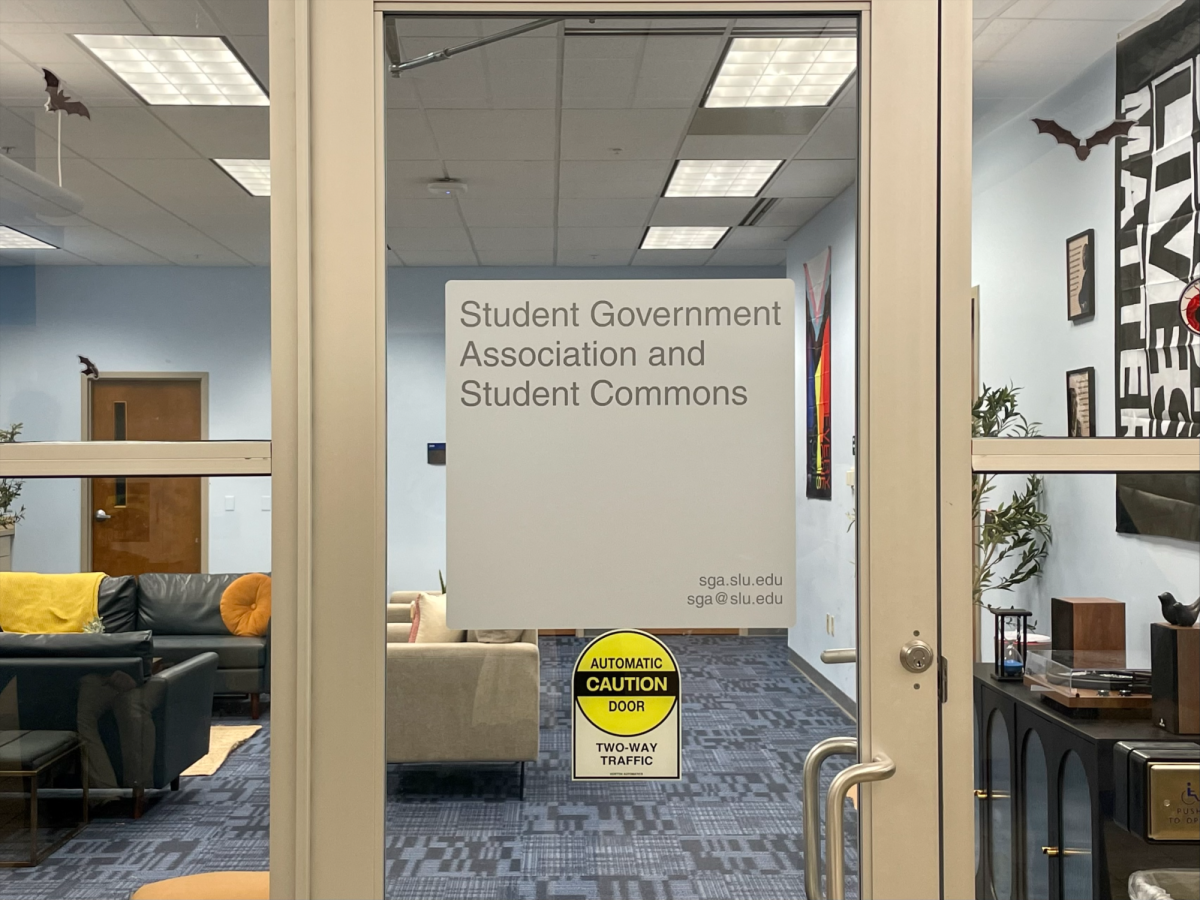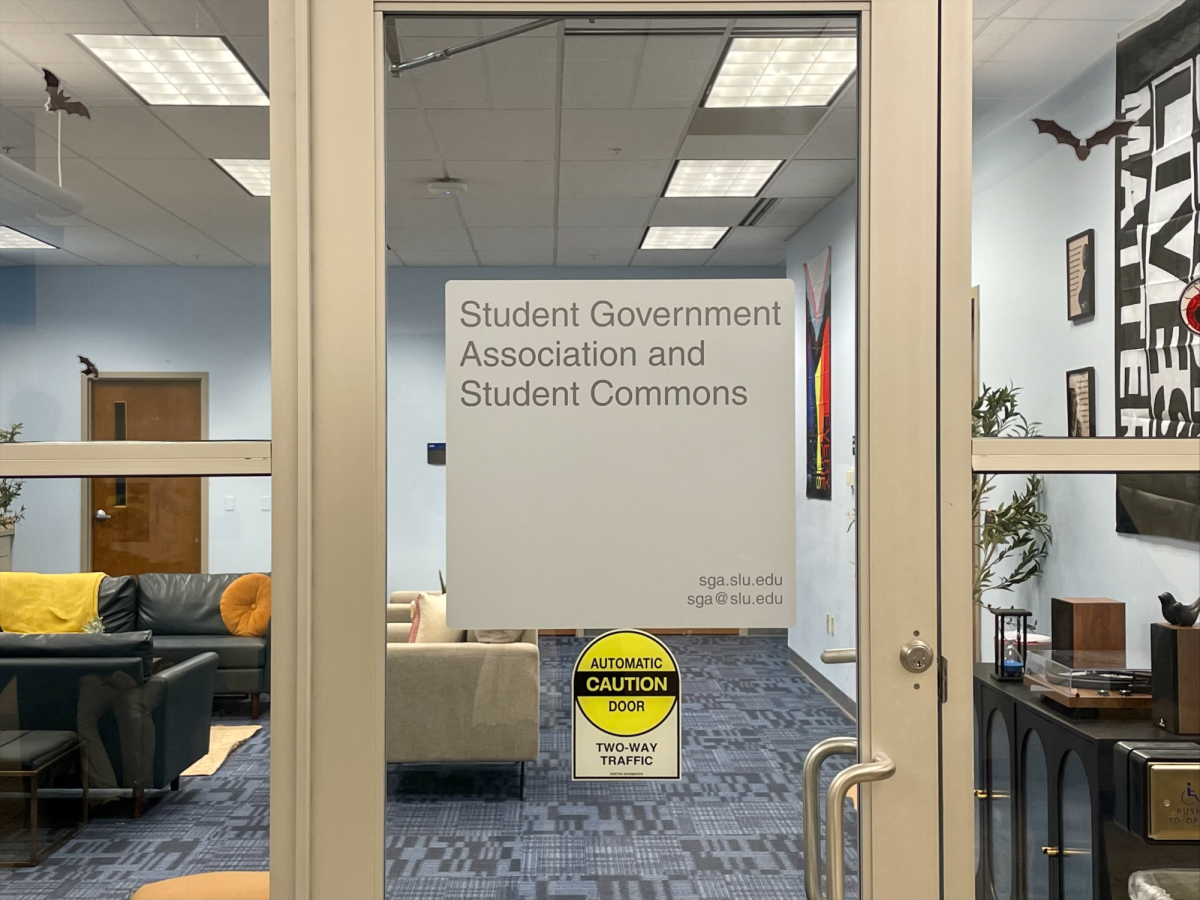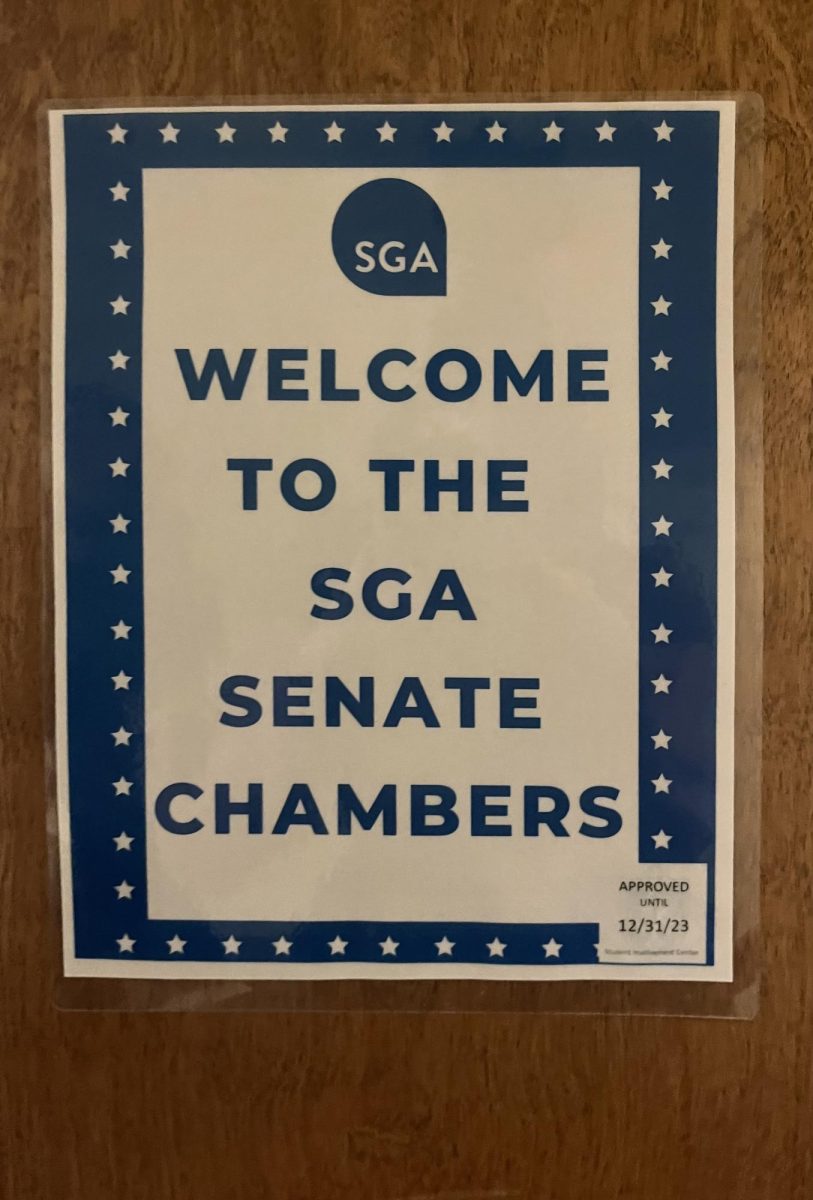The Performance, Presentation and Speaker Policy, a set of regulations that are enforced by Student Involvement, went into effect in the fall of 2010. Though the policy has been active since fall, it has recently become a source of confusion for members of the Saint Louis University community.
Misunderstandings about this policy sparked after a presentation to specific Chartered Student Organizations—those who are overseen by the Cross Cultural Center—and a subsequent article in The University News.
The article alluded to the idea that CSOs advised by the CCC were subject to time restraints in addition to the already regulated 20-day approval period needed for any organization events, as stated in the Performance, Presentation and Speaker Policy. Clarification on this issue was offered during the most recent Student Government Association meeting.
Assistant Vice President of Student Development and Dean of Students Scott Smith said that there have been no changes to the policy, which was approved by the Michael Harriss SGA administration last spring.
“This is the formal policy for all University CSOs,” Smith said.
The policy affects all student organizations equally and can be found in full detail on the Student Involvement website.
Not only did students say they were confused by the recent presentation and reporting, but senators were also. There confusion originated from the conception that they were not consulted on this policy.
“We did talk about this in the spring [of 2010],” commuter senator Ashley Garcia said. “When I, along with Vice President of Internal Affairs emeritus [Andrew] Miller, got up in front of senate and talked about this we used ‘Speaker Policy,’ instead of the full name.”
Garcia attributed some confusion to miscommunication in nomenclature.
“Unfortunately there was a lot of miscommunication and confusion right here in Senate,” Black Student Alliance senator Kale Kponee said. “We should all be humble enough and frank enough to talk about issues we are confused about.”
President Courtney Anvender said that there are many lessons that can be learned from this issue, but is optimistic about the future.
“I think we took a very confusing issue and will be moving forward in the right direction,” Anvender said.
The senators were also presented information on the upcoming institutional self-study and evaluation. The study is a part of the accreditation process from the Higher Learning Commission that requires SLU to be reevaluated every 10 years.
“Technically accreditation is voluntary but it’s voluntary if you don’t want federal funds,” Steve Sanchez, assistant vice president and SLU HLC Liaison, said.
Though SLU is a private institution with no reliance on state or federal funds, the University does use federal allocations for items such as research grants and federal scholarships, among others Sanchez said.
“SLU is a great place that does a lot of great things,” Miriam Joseph, self-study steering committee chairwoman, said. “This is a chance to toot our own horns.”
The senate also approved, after much debate, the Annual Funding guidelines for CSOs.












